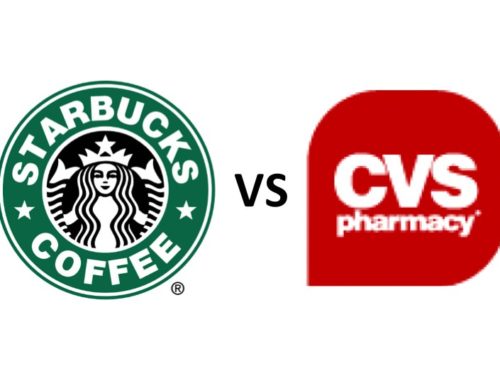The IPO of Groupon has raised serious questions about the future of daily deal sites. The doomsayers say the model does not work. The optimists say that there is lots of headroom left — lots of businesses yet to try the model.
The Future of Daily Deal Sites
But in reality both are right — the model is broken but there is lots of opportunity in current and future customers.
Why? Simple — Small business remained untouched by technology companies.
Sure we have great companies directly hitting this market like Constant Contact run by the very smart Gail Goodman, and Hubspot, founded and run by two super sharp entrepreneurs, Brian Halligan and Darmesh Shah, as well as numerous local plays, including the fast growing Yodle, again run by a very good friend, Court Cunningham.
Lots of Headroom
But none of these companies have anywhere near a dominant position in the space. Constant Contact, the largest of the technology SMB plays will grow to about 512,000 customers according to some recent analysis against a total population of nearly 4.6 million companies with between 1-9 employees according to the 2008 Census.
Broken Model
No one seriously believes that Groupon can sustain the high churn while taking 50% of the revenue from the SMB. And their stock price of $22 well below their high of $31 and their opening of $26 reflects that sentiment. With a cost of acquisition for a registered user of $5.00 and a buying user of $26 with no loyalty or recurring subscription model, their breakeven point is both much higher with much higher churn potential than a Netflix, who can rely on customer laziness to at least stay with the program for a while.
And with competition from Living Social and every publisher under the sun, it is easy to see how their margins will not be sustainable, only raising their breakeven point even higher.
Its About Stickiness — Radiate After You Penetrate
But there are some very smart folks at Groupon, including guys like Brett Keintz, who understand that their sheer scale will not suffice. 30 million customers means nothing in the digital space. See Myspace for how quickly 250 million people flee a digital property.
Having penetrated the SMB market, Groupon’s big challenge is to radiate through that business and add more value that makes them sticky to the SMB.
One obvious step that they have taken is to help business owners get control of their business calendar. The small business calendar is the SMB’s revenue. Every hour is revenue to service-based SMB’s which seem to make up a significant component of Groupon deals.
Enter Groupon Scheduler
Its no surprise to those of us who have looked at or spent any time in the SMB space. Appointment scheduling is an SMB’s worst nightmare. Some try using Google Calendar. Others try to buy third party solutions. But the ROI on these products is often intangible.
Until someone like Groupon ties their calendar directly to their revenue. Groupon’s announcement earlier this month makes it clear how they are trying to radiate and create stickiness for the SMB.
“Both consumers and merchants get immediate email confirmation of each booking, as well as automated email reminders 24 hours before scheduled appointments. Merchants can also add a “Book Now” button to their own website and use Groupon Scheduler to manage online bookings for all their services – not just those offered through Groupon”.
I predict that this application will do more to endear SMB’s to Groupon than just about anything else, short of substantially dropping their revenue cut. There are lots of extensions that can come from this core product but adding value to the SMB is a big step in the right direction.





